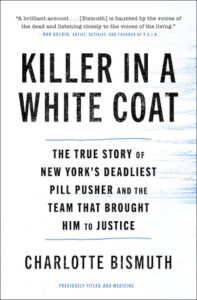 (One Signal, July 2024)
(One Signal, July 2024)
A taut exploration of America’s deadly battle with opioid addiction—an unnerving and inspirational firecracker of a book.” —Karen Abbott, New York Times bestselling author
For fans of Dopesick and Bad Blood, the shocking story of New York’s most infamous pill-pushing doctor, written by the prosecutor who brought him down.
In 2010, a brave whistleblower alerted the police to Dr. Stan Li’s corrupt pain management clinic in Queens, New York. Li spent years supplying more than seventy patients a day with oxycodone and Xanax, trading prescriptions for cash. Emergency room doctors, psychiatrists, and desperate family members warned him that his patients were at risk of death but he would not stop.
In Killer in a White Coat, former prosecutor Charlotte Bismuth meticulously recounts the jaw-dropping details of this criminal case that would span four years, culminating in a landmark trial. As a new assistant district attorney and single mother, Bismuth worked tirelessly with her team to bring Dr. Li to justice. Killer in a White Coat is a chilling story of corruption and greed and an important look at the role individual doctors play in America’s opioid epidemic.
Charlotte Bismuth started her legal career at the firm of Debevoise & Plimpton, LLP, and joined the New York County District Attorney’s Office in 2008 as an appellate attorney. In 2010, she transferred into the Office of the Special Narcotics Prosecutor, which prosecutes felony narcotics crimes within the City’s five boroughs. She is a graduate of Columbia University, Columbia Law School, and the Instituts d’etudes politiques in Paris. She lives in New York with her husband and children. For more on Bismuth, please visit charlottebismuth.com.
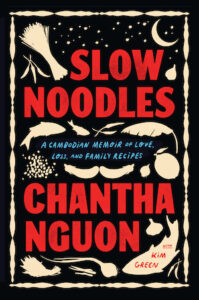 (Algonquin, February 2024)
(Algonquin, February 2024)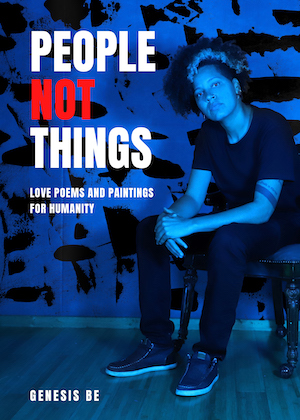 (Andrews McMeel, November 2023)
(Andrews McMeel, November 2023)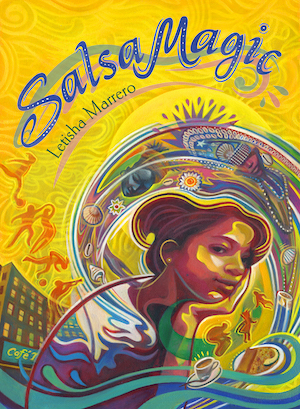 Levine Querido (August, 2023)
Levine Querido (August, 2023)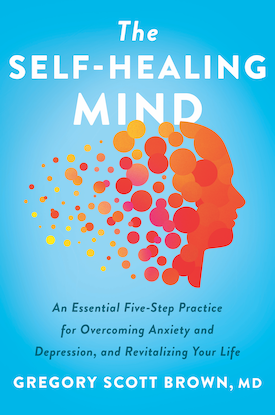 An Essential Five-Step Practice for Overcoming Anxiety and Depression, and Revitalizing Your Life
An Essential Five-Step Practice for Overcoming Anxiety and Depression, and Revitalizing Your Life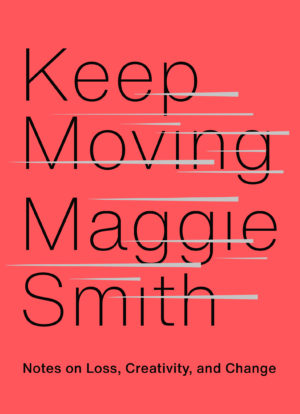 (One Signal an imprint of Atria, 2020)
(One Signal an imprint of Atria, 2020)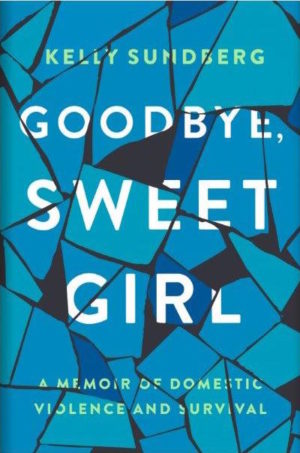 (HarperCollins, 2018)
(HarperCollins, 2018)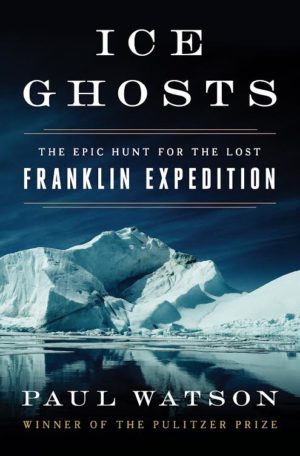 Ice Ghosts: The Epic Hunt for the Lost Franklin Expedition by Paul Watson (March 2017, W.W. Norton)
Ice Ghosts: The Epic Hunt for the Lost Franklin Expedition by Paul Watson (March 2017, W.W. Norton)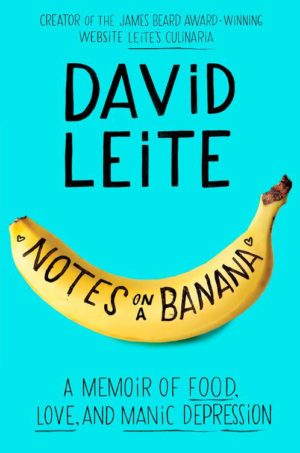 Notes on a Banana: A Memoir of Food, Love, and Manic Depression by David Leite (April 2017, Dey Street, an imprint of HarperCollins)
Notes on a Banana: A Memoir of Food, Love, and Manic Depression by David Leite (April 2017, Dey Street, an imprint of HarperCollins)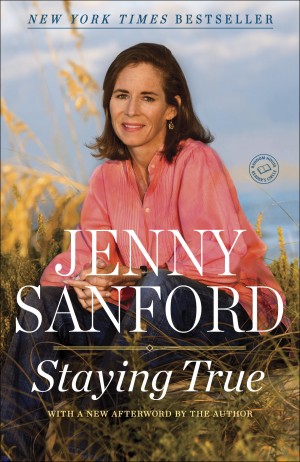 In this candid and compelling memoir, the first lady of South Carolina reveals the private ordeal behind her very public betrayal—and offers inspiration for anyone struggling to keep faith during life’s most trying times.
In this candid and compelling memoir, the first lady of South Carolina reveals the private ordeal behind her very public betrayal—and offers inspiration for anyone struggling to keep faith during life’s most trying times.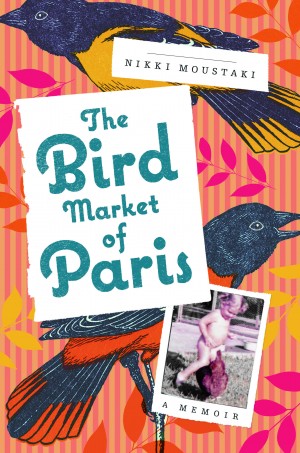 THE BIRD MARKET OF PARIS, a memoir by Nikki Moustaki, is a story about birdsong, drunken antics and the promise of Paris. In her youth, Rhode Island reds, Japanese silkies, golden pheasants, homing pigeons and lovebirds were just a few species populating the fantastical world the author shared with her grandfather in their South Miami paradise. Yet by college, Nikki’s obsession with birds, pills and booze would leave her living on the fringe, where blackouts, overdoses, and trips to the emergency room became routine.
THE BIRD MARKET OF PARIS, a memoir by Nikki Moustaki, is a story about birdsong, drunken antics and the promise of Paris. In her youth, Rhode Island reds, Japanese silkies, golden pheasants, homing pigeons and lovebirds were just a few species populating the fantastical world the author shared with her grandfather in their South Miami paradise. Yet by college, Nikki’s obsession with birds, pills and booze would leave her living on the fringe, where blackouts, overdoses, and trips to the emergency room became routine. In February 2011, sixty-one-year old Kristine Casey delivered to her daughter, Sara Connell, the greatest gift of all—Sara’s son, Finnean. For years Sara and her husband Bill had been trying to have a baby and had suffered through a miscarriage and stillborn twins. Sara and Bill had started to give up hope of bringing a baby to term. Nevertheless, a little over a year ago when Kristine approached her daughter about being a surrogate she didn’t know what Sara would say. But Kristine felt she must try. The happiest moments in her life were when she gave birth to her three daughters. She felt the vision to surrogate for her daughter was a calling. IN BRINGING IN FINN, Sara tells the remarkable story about how their family came together to create a life.
In February 2011, sixty-one-year old Kristine Casey delivered to her daughter, Sara Connell, the greatest gift of all—Sara’s son, Finnean. For years Sara and her husband Bill had been trying to have a baby and had suffered through a miscarriage and stillborn twins. Sara and Bill had started to give up hope of bringing a baby to term. Nevertheless, a little over a year ago when Kristine approached her daughter about being a surrogate she didn’t know what Sara would say. But Kristine felt she must try. The happiest moments in her life were when she gave birth to her three daughters. She felt the vision to surrogate for her daughter was a calling. IN BRINGING IN FINN, Sara tells the remarkable story about how their family came together to create a life.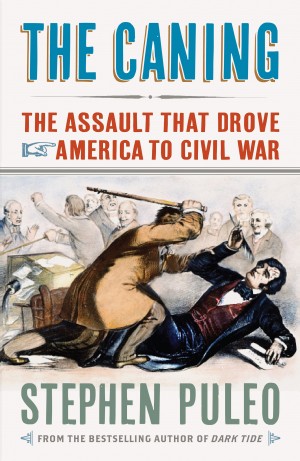 A Turning Point in American History, the Beating of U.S. Senator Charles Sumner and the Beginning of the War Over Slavery
A Turning Point in American History, the Beating of U.S. Senator Charles Sumner and the Beginning of the War Over Slavery